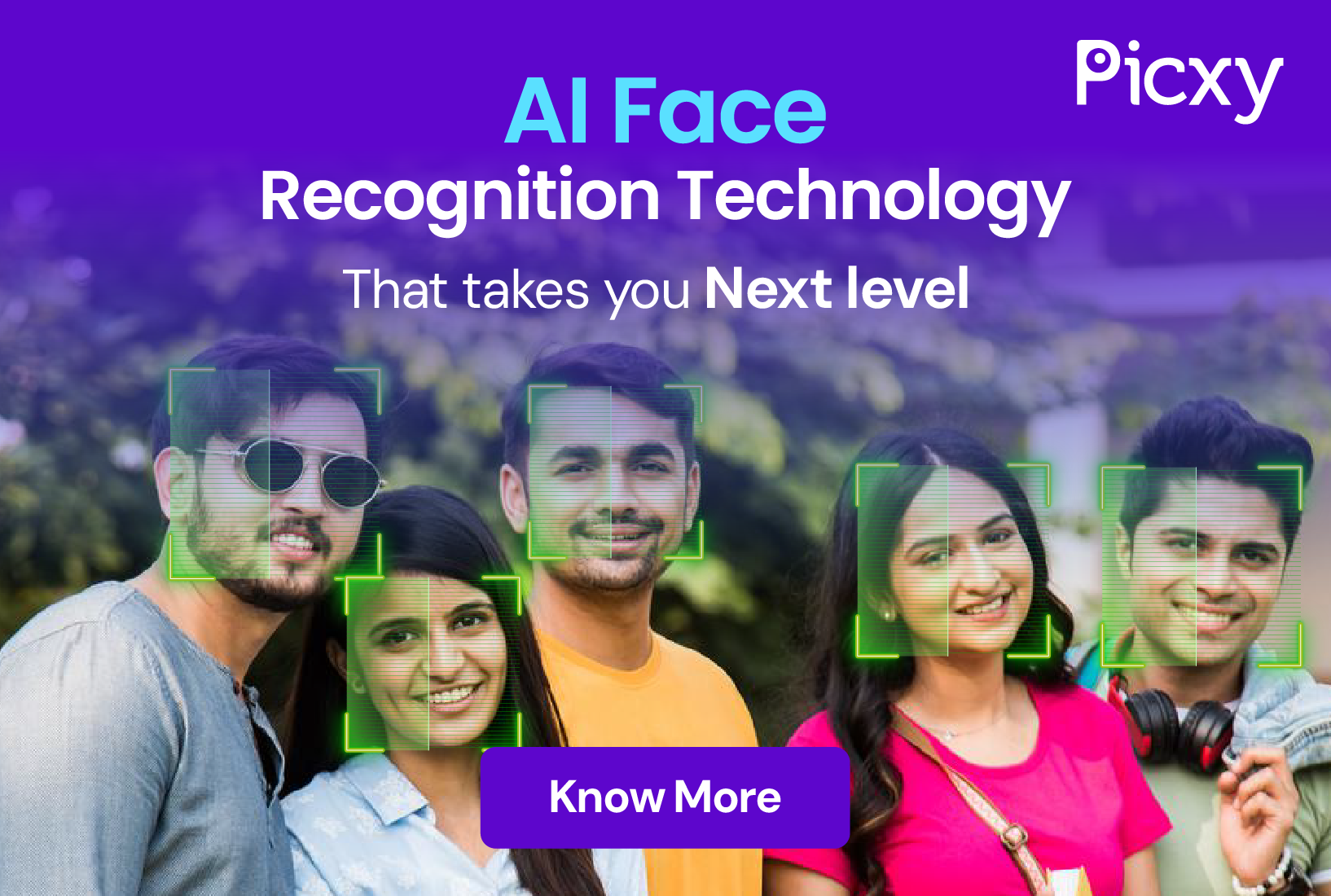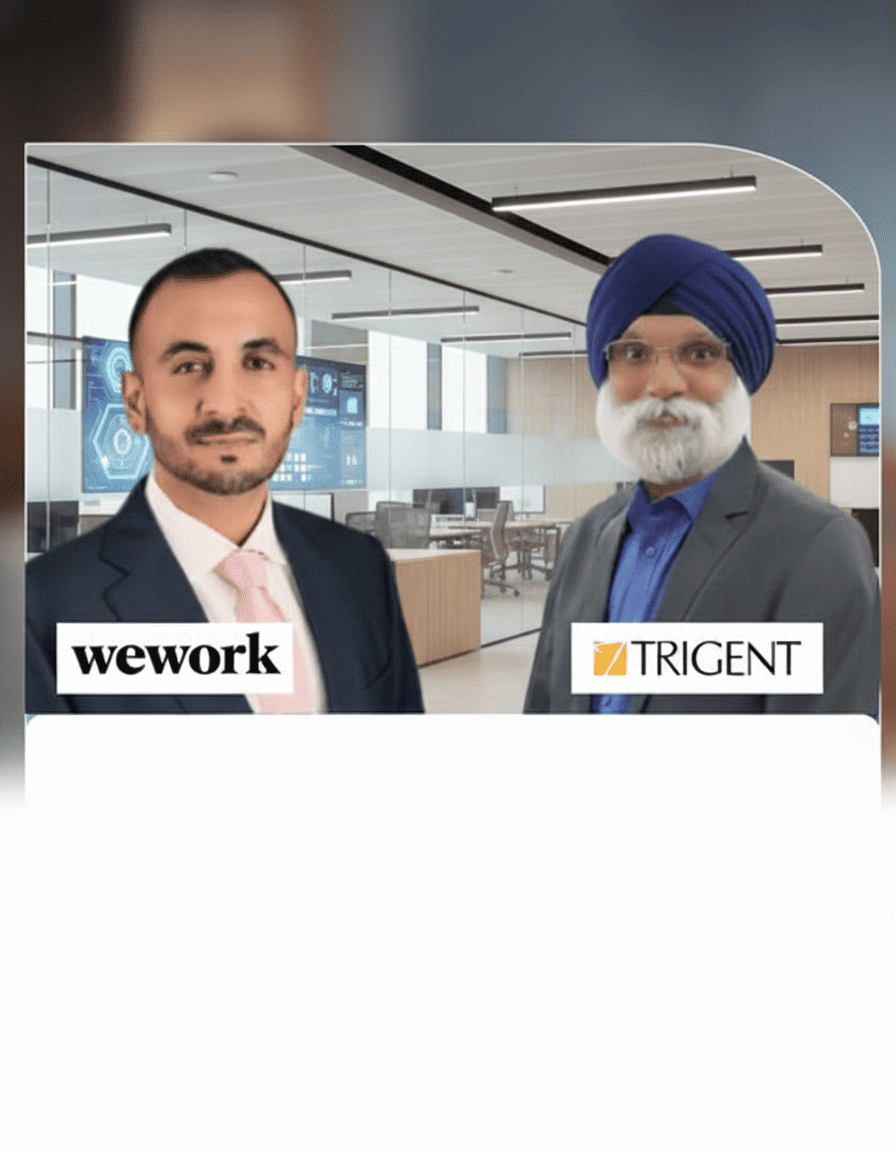The research underscores a shift from operational hiring to strategic talent orchestration. Organizations can no longer rely solely on conventional recruitment or expect AI and retention strategies alone to bridge the widening skills gap. They must reimagine their entire approach to human capital
The Talent Landscape Transformation
To ensure the GCC ecosystem fuels India’s growth story and achieves the heights project in the coming years, leaders need to prepare for future talent considerations, today.
Key Insights from TalentScope 2025
The Skills Revolution: AI and machine learning optimization emerge as cornerstone competencies across GCCs in India , with acute demand in financial services and technology. Organizations must prioritize these capabilities while building complementary skills in cybersecurity, problem-solving, and cloud architecture.
Hiring Innovation: Forward-thinking GCCs leverage AI-driven recruitment and expand global remote talent pools. For around 47% of GCCs, AI is at the heart of their recruitment innovations. The focus shifts from location-based to skills-based talent acquisition, broadening the competitive landscape for securing critical capabilities.
Learning Transformation: Cross-industry learning and personalized development platforms reshape how organizations build internal capabilities. The emphasis moves from standardized training to adaptive, individualized skill development aligned with business needs and career aspirations.
Recognition Redefined: Impact-based recognition systems replace traditional reward structures. To ensure recognition is successful, GCCs need to develop sophisticated mechanisms to measure and reward meaningful contributions, moving beyond tenure-based compensation to performance-driven incentives.
Retention Through Personalization: For Over 67% of GCC leaders, career pathway customization emerges as the primary retention strategy. Organizations that retain talent focus on individual understanding, flexible work arrangements, and strong cultural connections that transcend traditional employment relationships.
Strategic Imperatives for 2025
For GCC leaders, the transformation window is narrowing. Those who act decisively to reimagine their talent strategies will position themselves as innovation leaders and ensure the right people fuel their growth journeys. Those who delay risk being left behind in an increasingly competitive ecosystem.







